Regular endurance sports have been scientifically proven to contribute to longevity by slowing down cellular aging processes and strengthening the cardiovascular system. Studies show that endurance sports lengthen telomeres in chromosomes and increase the activity of the enzyme telomerase – both key markers for delayed biological aging. Unlike pure strength training, endurance training specifically affects cell regeneration and protects cells from premature decay.
Scientific findings on endurance sports and longevity
According to a longevity study, cardiovascular athletes increase their lifespan by up to about 5 years compared to the general population through regular training. The positive effects of a well-trained heart outweigh the potential risks of the so-called "athlete's heart," even with intensive exertion. The intensity of the training plays a crucial role and shows that even intensive exertion can be beneficial to health.
Endurance sports increase telomerase activity and lengthen telomeres by approximately 3.3 to 3.5 percent, while strength training does not show these effects. Telomere length is considered a reliable marker for biological age, as it shortens with each cell division and is stabilized by endurance training through the enzyme telomerase. This supports cell health and slows down the aging process.
Regeneration and cell protection mechanisms
Regeneration after exertion is essential to minimize oxidative stress, which is caused by the increased formation of free radicals during energy production in the mitochondria. Oxidative stress can promote cell damage and premature aging. However, regular endurance training trains the body's antioxidant defense systems, increases the activity of antioxidant enzymes, and thus leads to increased cell resistance.
Furthermore, endurance sports activate cell-protective mechanisms such as the NRF2 signaling pathway. This stimulates the expression of genes that promote the repair of cell damage and improve regeneration. Optimal regeneration is supported by balanced sleep, active recovery, and targeted nutrient supply.
The Role of Sports Nutrition in Recovery
Targeted sports nutrition provides the body with essential macro- and micronutrients that promote cell protection and regeneration. Carbohydrates help replenish glycogen stores, proteins supply amino acids for muscle repair, while omega-3 fatty acids and antioxidants reduce inflammation and mitigate oxidative damage. Electrolytes stabilize cell function and promote water balance.
By supplementing the diet with antioxidants, the oxidative stress caused by increased energy activity is compensated, which protects the function of the cells in the long term and reduces the risk of degenerative processes.
***
These scientifically proven correlations clearly show: Regular endurance sports combined with appropriate regeneration and intelligent nutrition effectively counteract premature cell aging and thus promote an increased life expectancy with a maintained quality of life.
Sources
Study Longevity: Running increases life expectancy: https://www.dhfpg.de/newsroom/aktuelles/details/studie-longevity-laufen-steigert-lebenserwartung
Endurance sports to delay the aging process ... https://www.assmann-stiftung.de/ausdauersport-zur-verzoegerung-von-alterungsprozessen-263/
NRF2 Pathway: Natural Activation for Cell Protection and ... https://www.klinik-st-georg.de/der-nrf2-pathway-ein-bahnbrechender-mechanismus-fuer-zellschutz-und-regeneration/
Recovery nutrition https://sportaerztezeitung.com/rubriken/ernaehrung/2592/regenerationsernaehrung/
Influence of Sport on the Central Nervous System https://www.germanjournalsportsmedicine.com/archive/archive-2015/heft-2/einfluss-von-sport-auf-das-zentrale-nervensystem-molekulare-und-zellulaere-wirkmechanismen/
Oxidative stress and antioxidants in sports ... https://www.kup.at/kup/pdf/9308.pdf
Live longer thanks to intensive exercise https://www.unibas.ch/de/Aktuell/News/Uni-Research/L-nger-leben-dank-intensiver-Bewegung.html
Regeneration in high-performance sports training https://publikationen.sulb.uni-saarland.de/bitstream/20.500.11880/23339/1/Manuskript_Dissertation_Teil2.pdf
Additional antioxidant intake in sports https://www.germanjournalsportsmedicine.com/fileadmin/content/archiv2008/heft03/Artikel_Niess.pdf
Prevention of oxidative stress in competitive sports https://reposit.haw-hamburg.de/bitstream/20.500.12738/6471/1/BA_Kerstin_Jensen.pdf
Sport for Health and Longevity - Exercise https://epigenics.eu/blogs/bewegung/sport-gesundheit-longevity
Movement Longevity – Staying healthy and active https://www.deutsche-longevity-gesellschaft.de/bewegung-und-longevity
Autophagy - Mechanism of the cells https://www.orthomol.com/de-de/lebenswelten/zellschutz/autophagie
Oxidative Stress and Intervertebral Discs https://sportaerztezeitung.com/sports-research/oxidativer-stress-und-bandscheiben/
Recovery in sports – what's important? https://www.deutschesportakademie.de/blog/regeneration-sport


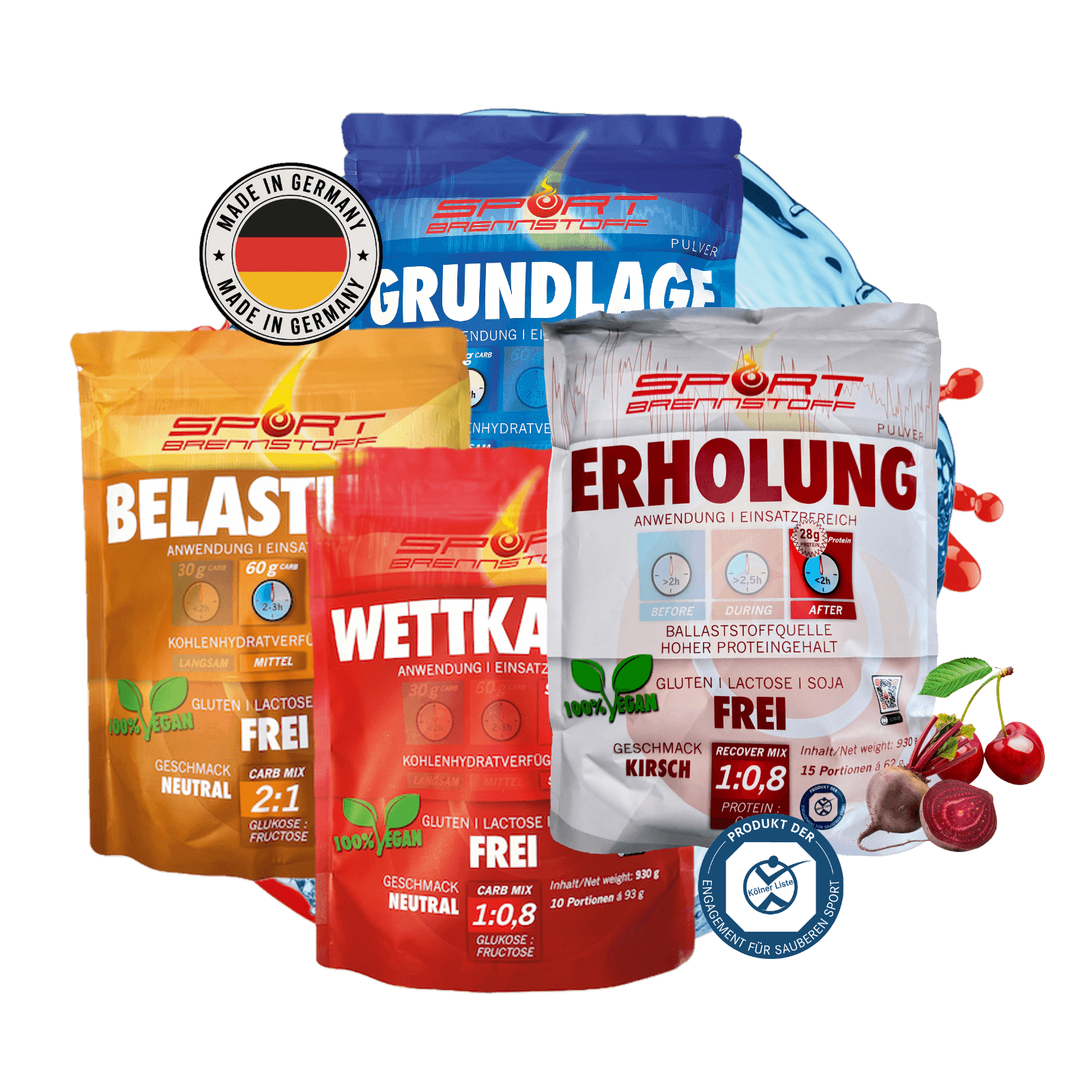

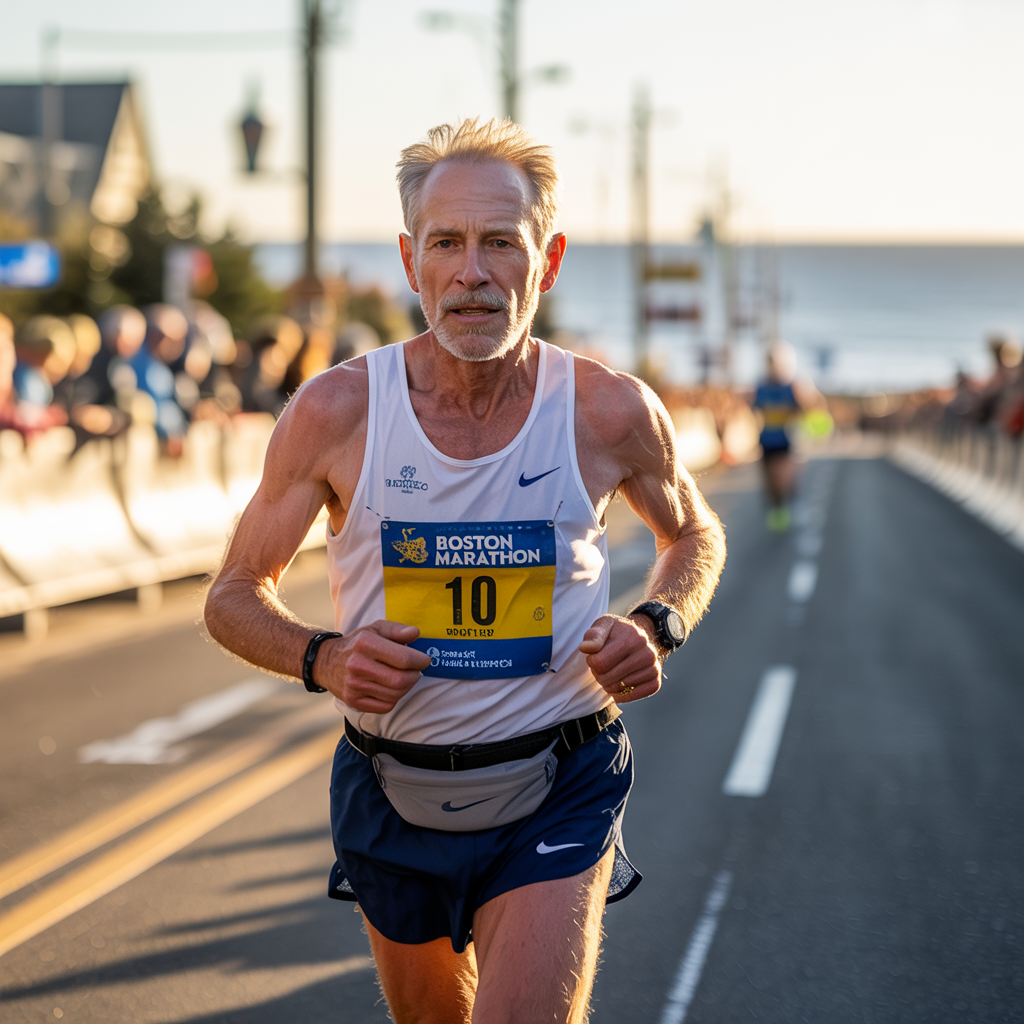
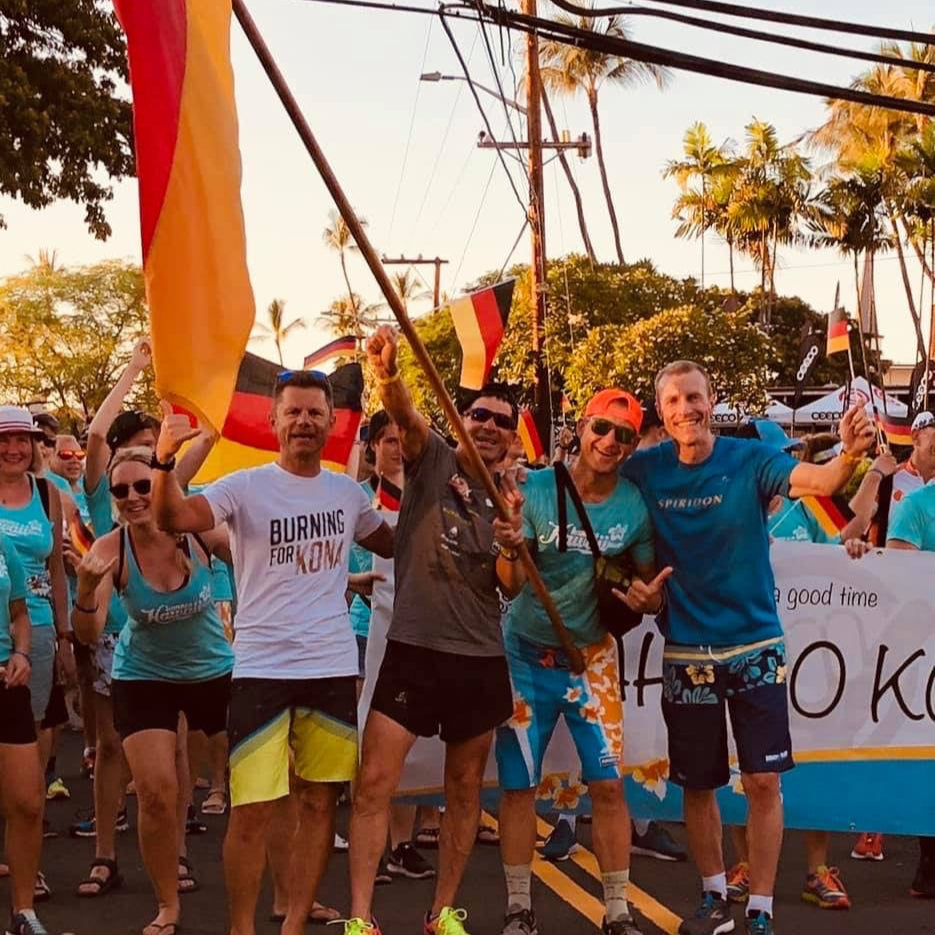
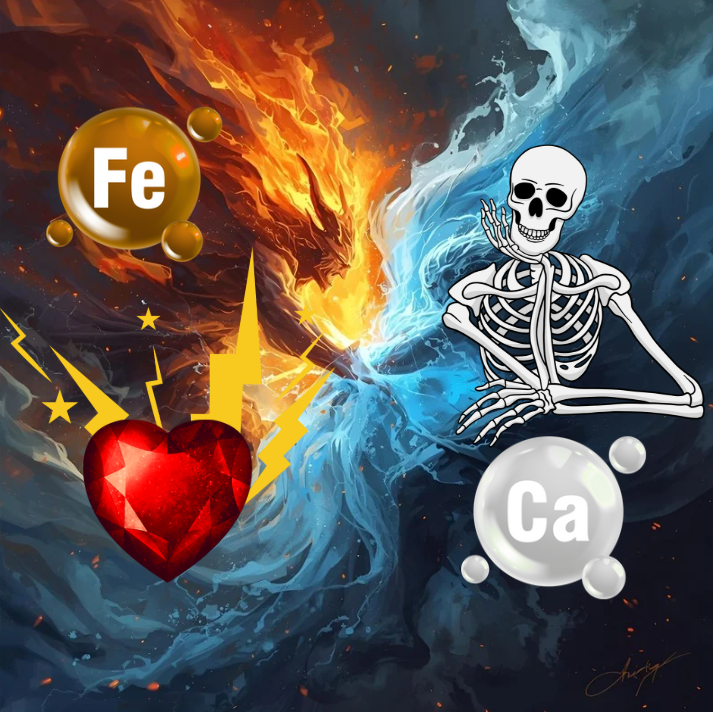
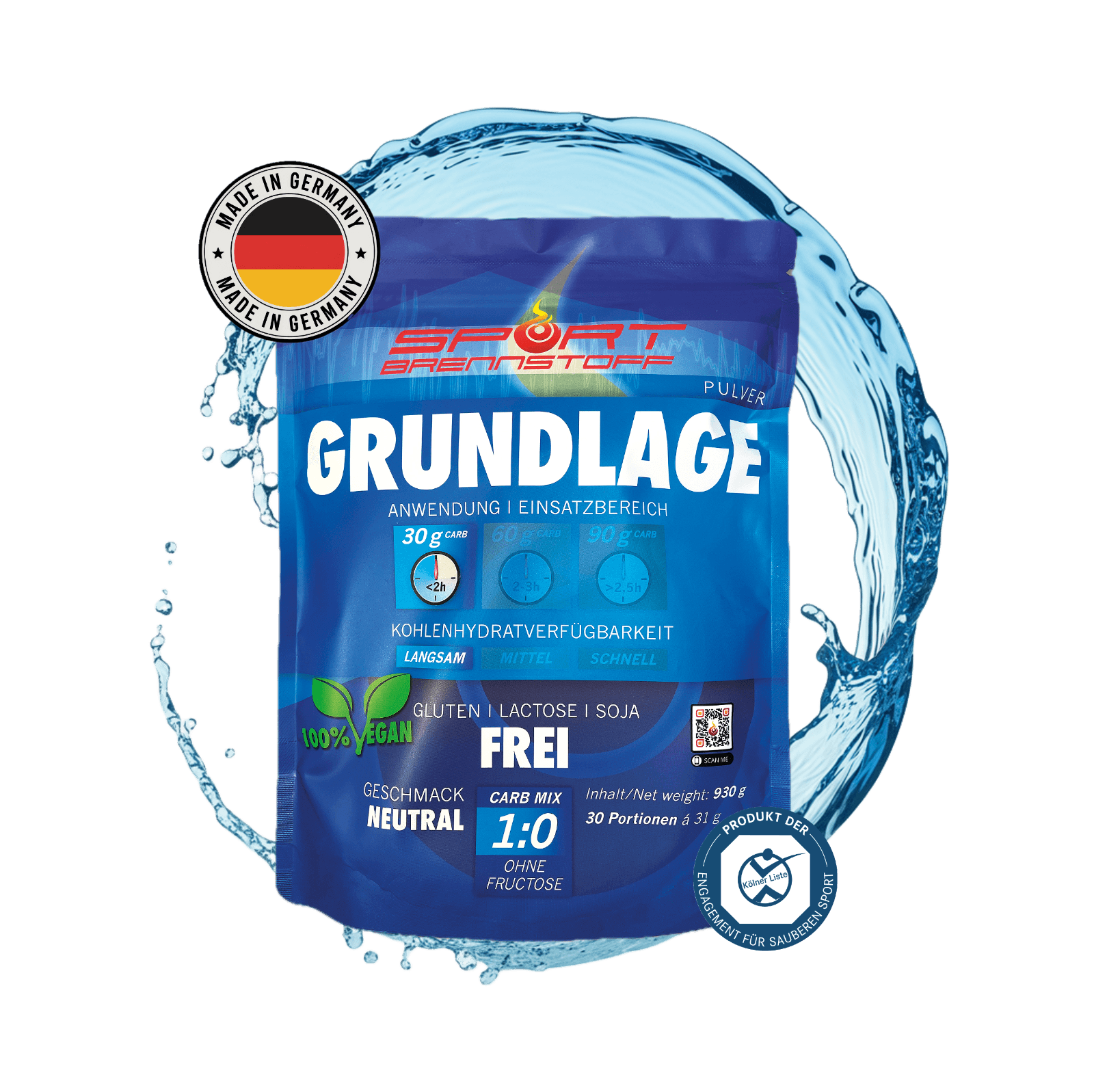
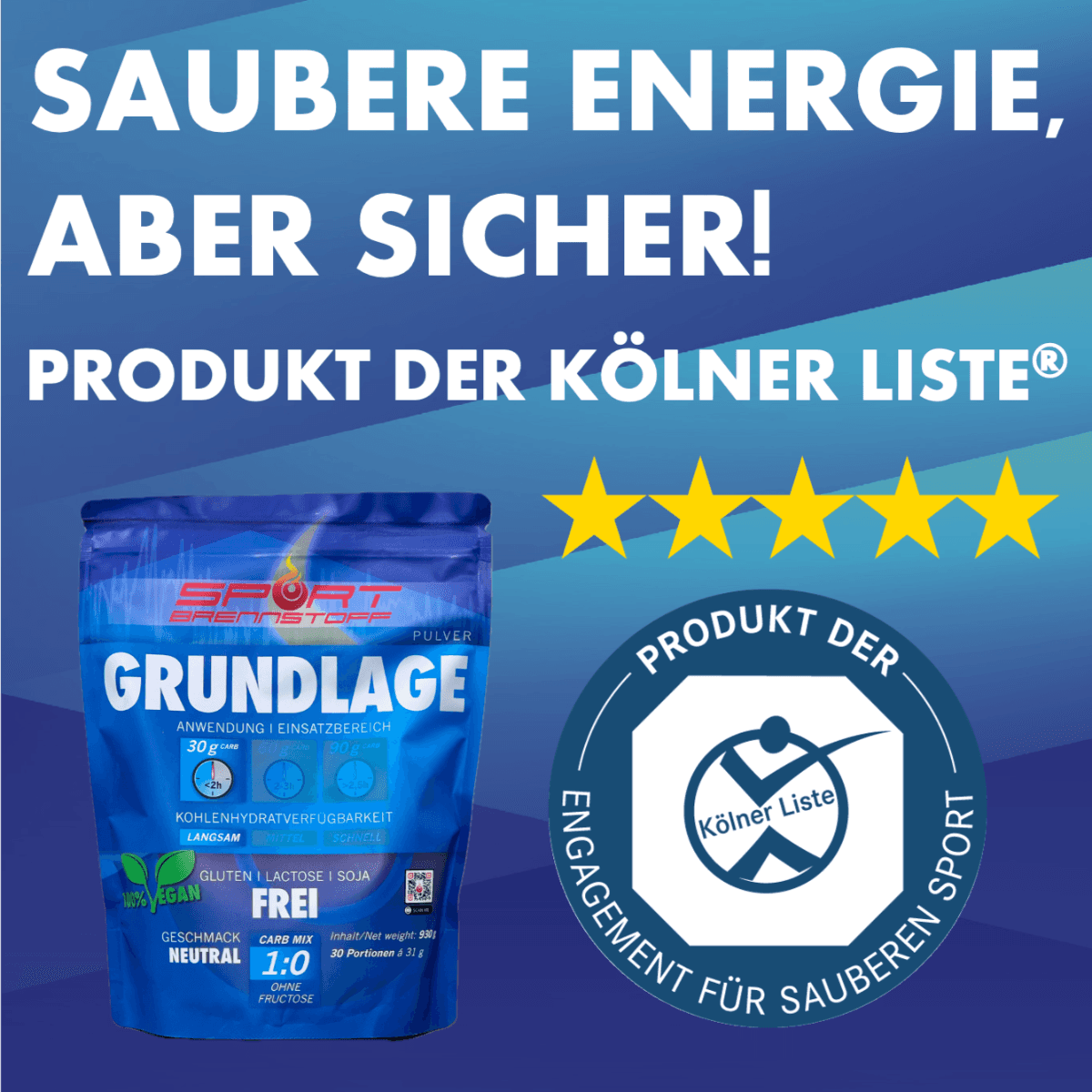
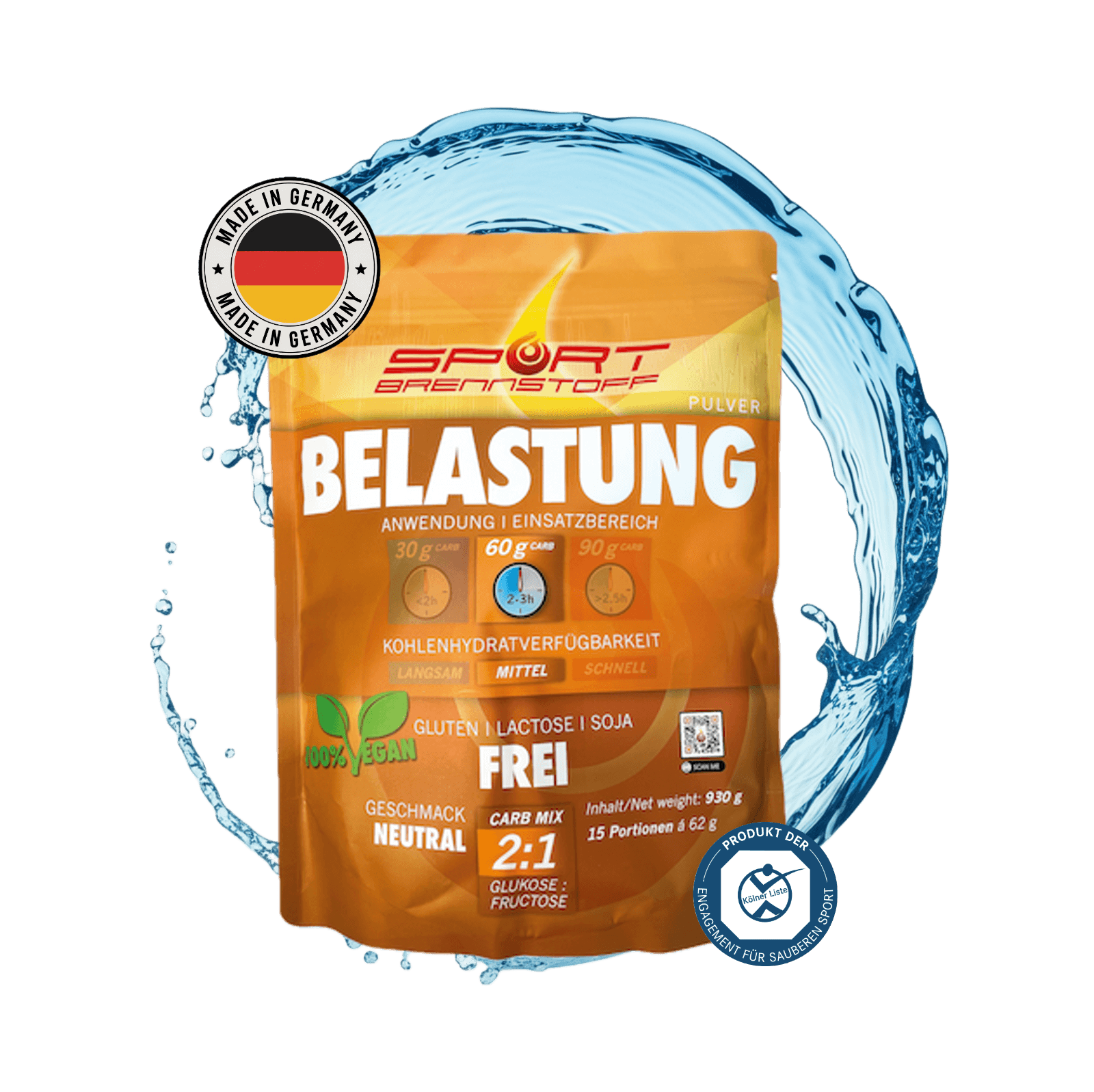
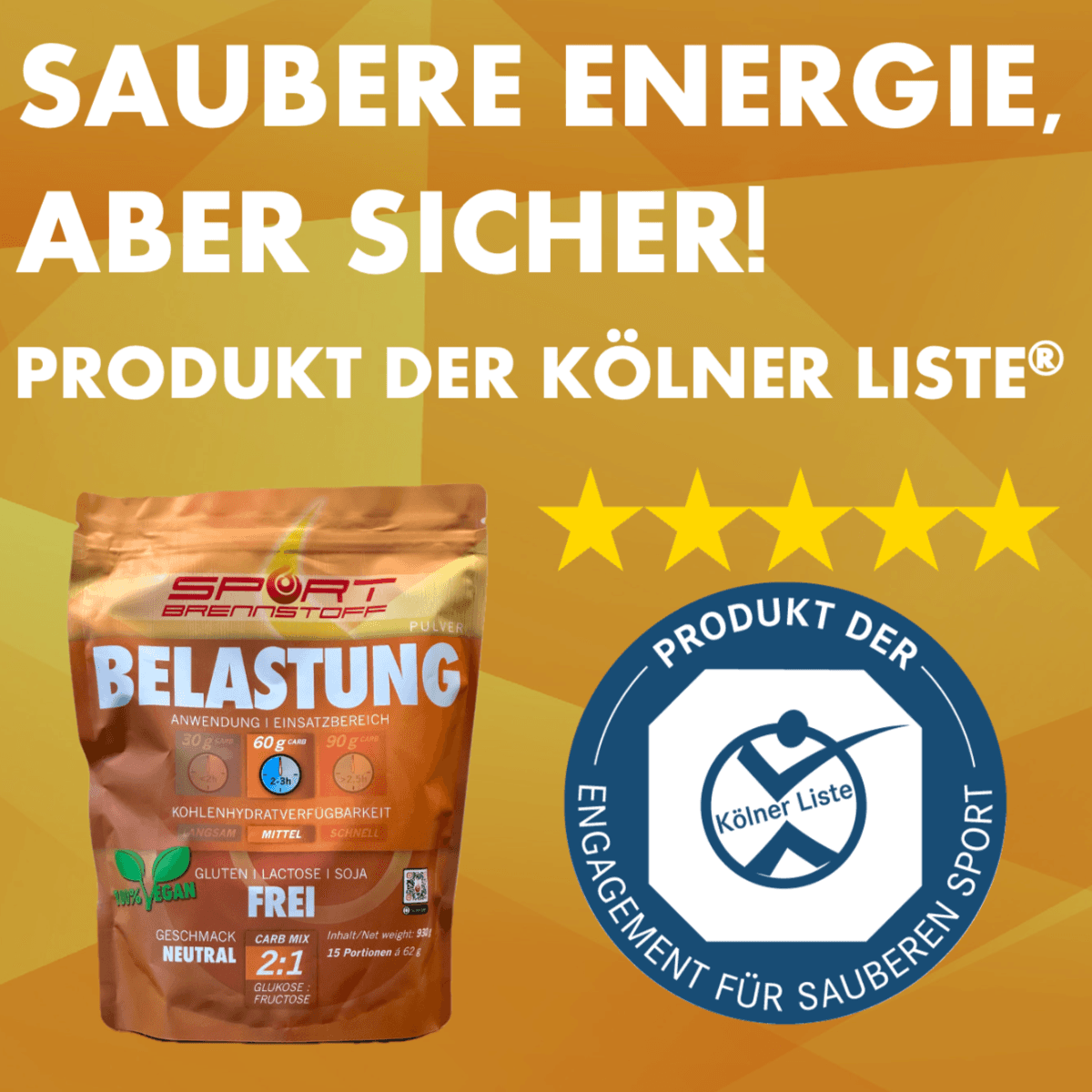
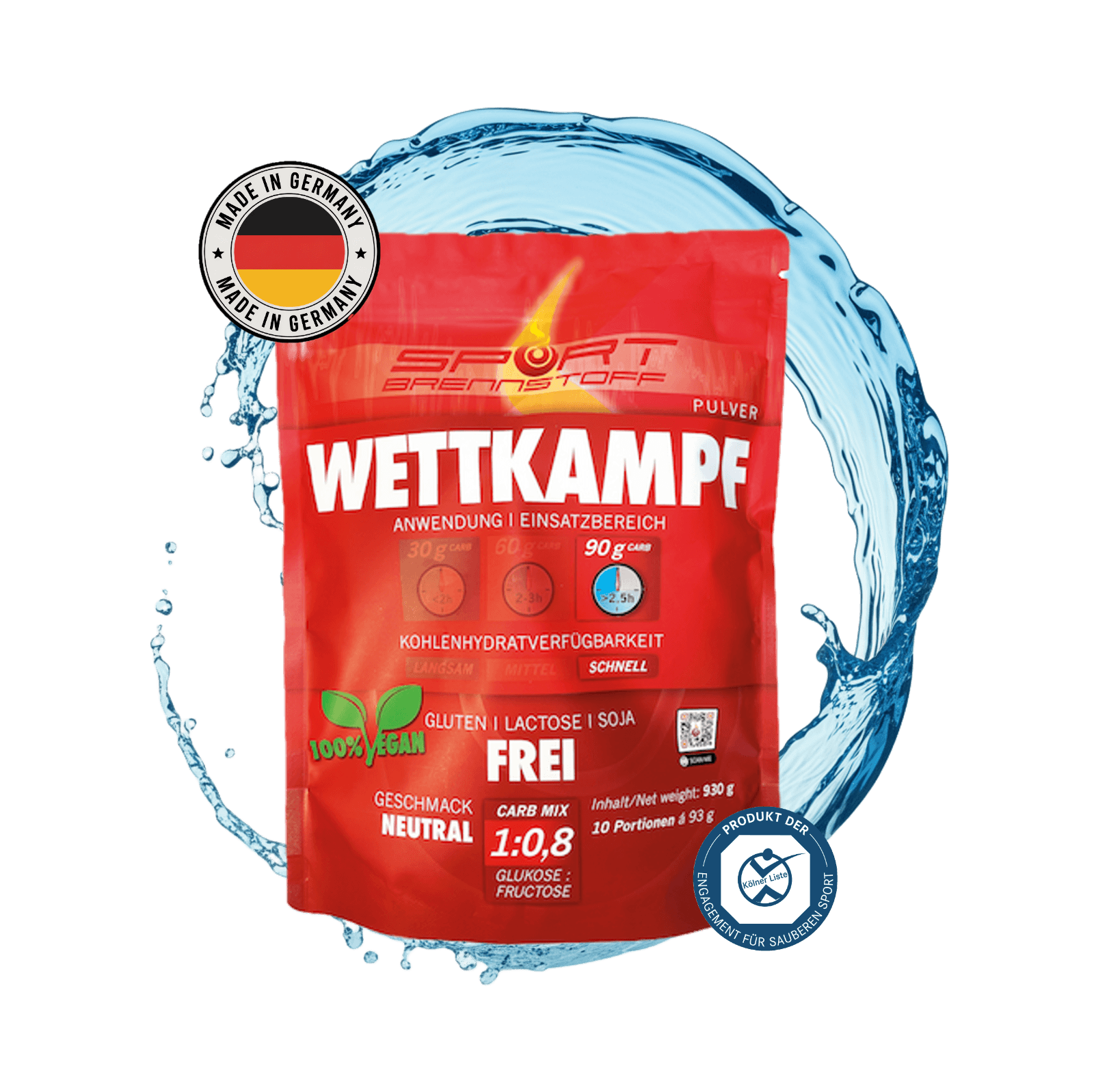
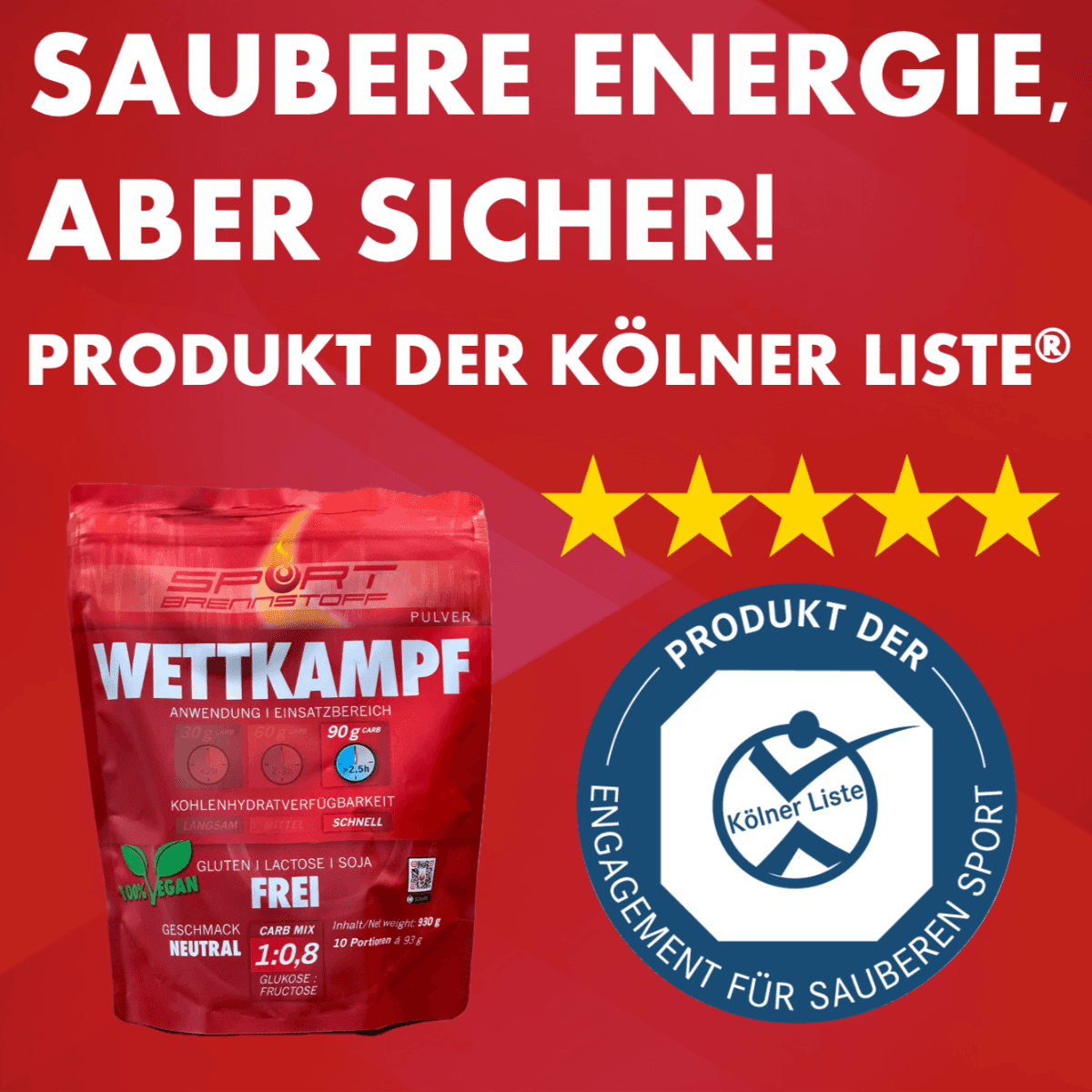
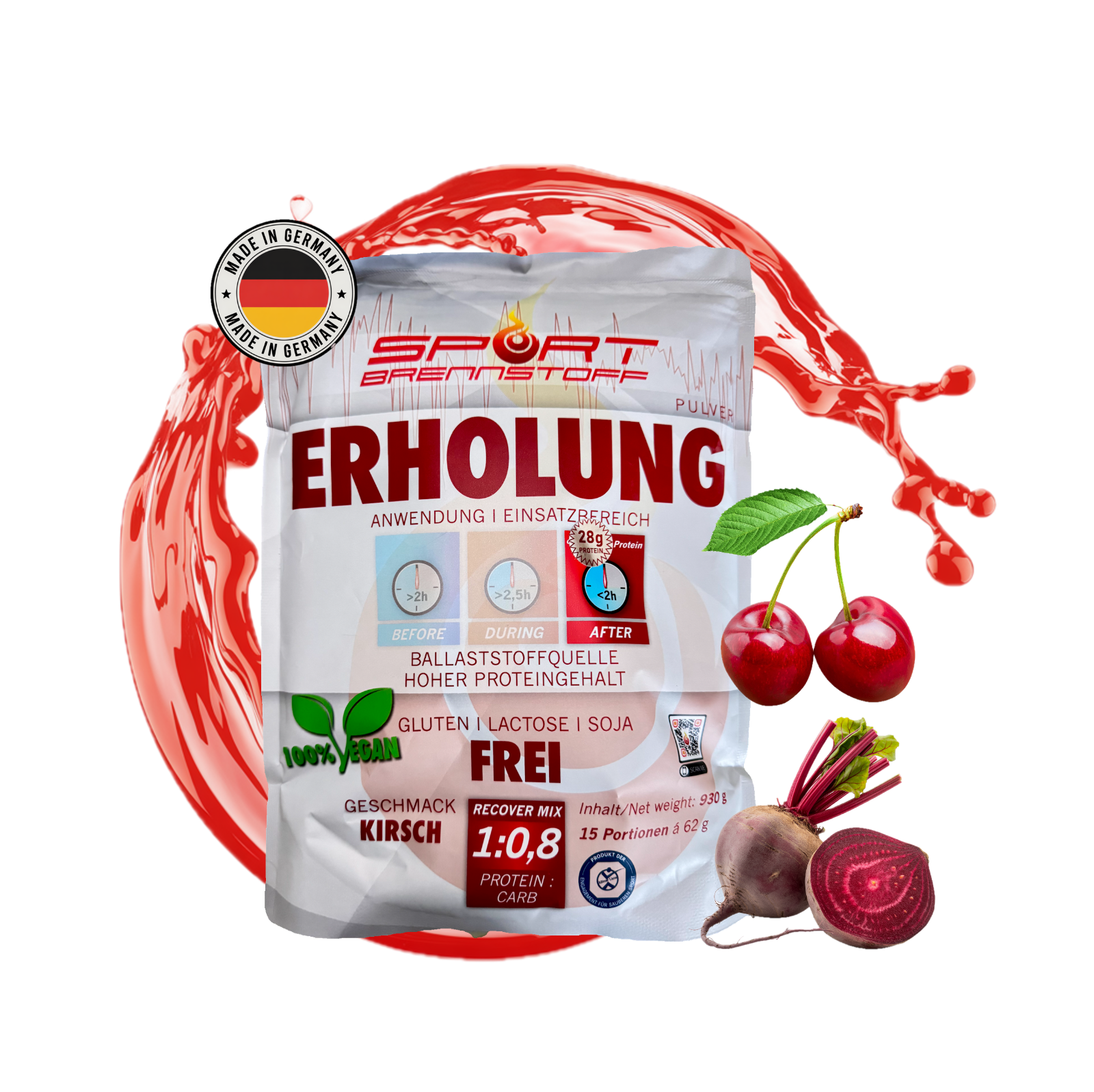






Leave a comment
All comments are moderated before being published.
This site is protected by hCaptcha and the hCaptcha Privacy Policy and Terms of Service apply.